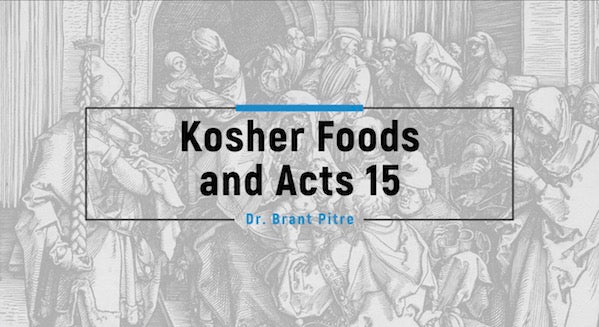I ordered this a second time due to blemishes on the first one.
He has a great way of writing that explains things that that make them so understandable!.
I have been subscribed to the Sunday Mass readings for two cycles now, and I have absolutely loved having it as a resource. I think that Dr. Pitre is THE biblical scholar of our generation, and he has helped so much as a young wife who recently converted to the Faith.
The Mass Explained + The Mass Readings Explained <Main Product>






